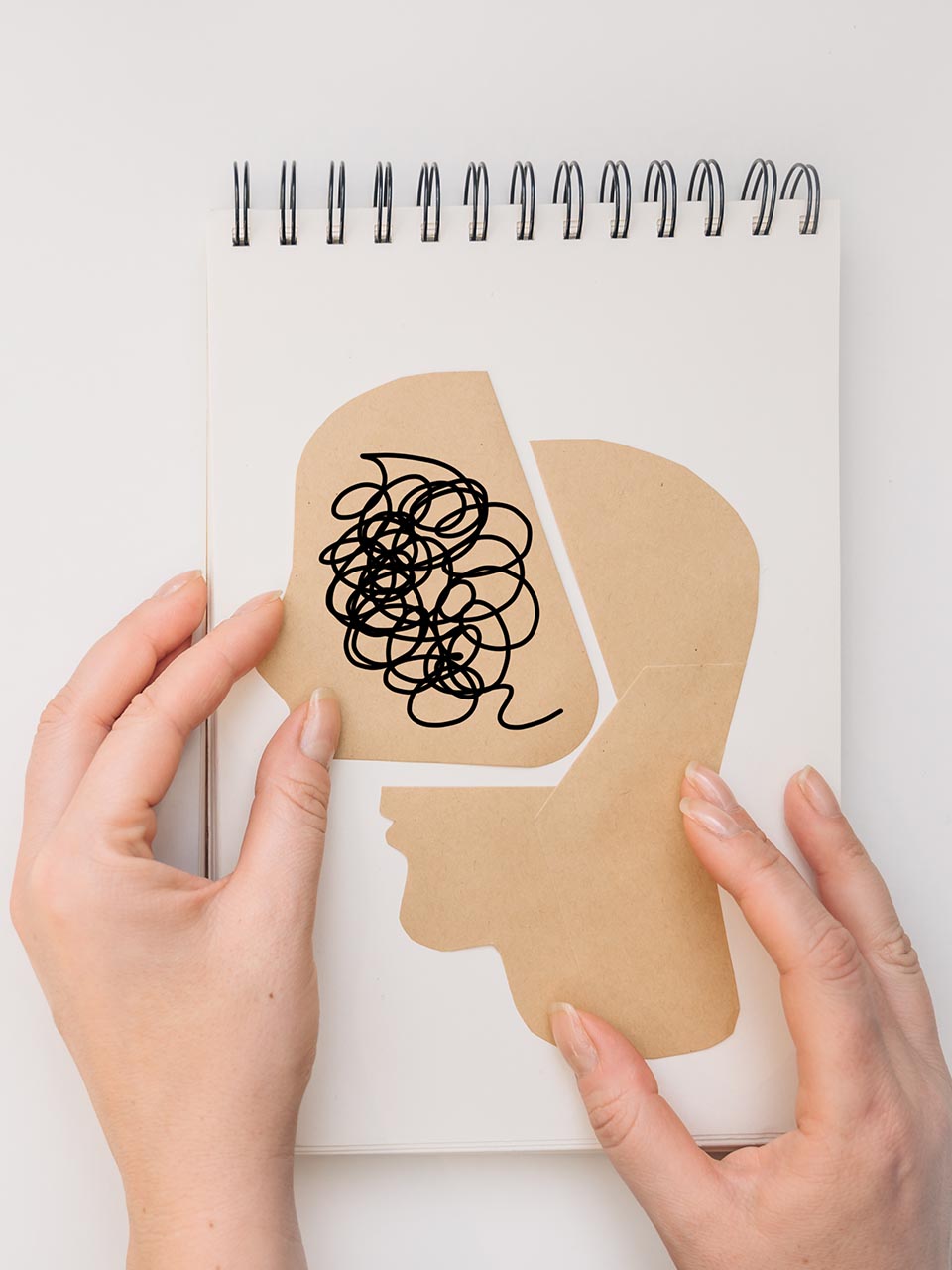We use cookies to ensure you get the best experience on our website. Detailed information

EN
Select a Country
Taking measures to prevent diseases, improve our health, and extend our lifespan
A disease affecting people from all walks of life
The condition where technology controls a person
Individuals may be referred to addiction treatment centers if deemed necessary
Promoting mental well-being by coping with stress and recognizing abilities
One of the most widely abused substances globally due to nicotine addiction
Activation of the brain's reward pleasure mechanism by repeating a certain behavior
Crucial in preventing relapse after quitting alcohol or drugs.
Complete well-being physically, mentally, and socially
A product containing vaporized nicotine reported as harmful.
1.85 million out of 3 million deaths in 2017 were preventable.
The process of recovery by combating addiction
Inability to quit substances despite knowing the physical and psychological harms
Risking something valuable in hopes of gaining something more valuable
The beginning of the body's purification process after quitting substance use
The process of reintegrating into society healthily

Country Green Crescents affiliated with the International Federation of Green Crescent play a crucial role in supporting social cohesion in preventing addiction and organizing activities to prevent it. Country Green Crescent, aiming to reach every segment of society, conduct awareness campaigns in collaboration with social service professionals, public institutions, non-governmental organizations, and local governments to carry out a comprehensive and effective struggle against addiction.
Addictions bring along various psychological problems. Depression, suicide risk, anxiety, panic attacks, sleep disorders, psychological trauma, attention deficit, hyperactivity, impulsive behavior, anger control issues, self-harm; are the most common problems accompanying alcohol and substance use.
Individuals with addiction often turn to alcohol or substance use as a coping mechanism for their problems. During this process, a vicious cycle is formed between the individual's addiction and the psychological problems they experience. Often, individuals start using substances or alcohol, believing that it positively affects them and alleviates their troubles, continuing the usage. However, this temporary relief is short-lived, and over time, the impact diminishes, adding another layer of difficulty to the individual's problems.

Breaking this vicious cycle is essential in addiction treatment. In this context, individuals are informed about their current or potential problems, and the interaction cycle between these problems is explained in detail. For example, the increase in alcohol and substance use in the case of depression can be explained by the individual turning to alcohol for emotional relief or the worsening of depression making it difficult to regulate usage. On the other hand, the triggering effect of alcohol and substance use on depression, although initially providing a positive feeling to the individual, can worsen depression over time and reduce the effectiveness of antidepressant medications. This cycle continues as described.
Conveying this cycle to the individual and making them realize that substance use is not the correct solution to cope with their difficulties during this process is of critical importance. Teaching the individual proper coping methods is also part of the treatment. Therefore, psychological support plays a significant role in the treatment of individuals with addiction.
Additionally, psychological support also plays a critical role in the prevention process after the abandonment of addictions. Addiction is a condition that improves but does not completely disappear. For instance, an individual may feel good when they stop using alcohol, but if they start using it again, they re-enter the same cycle of addiction. Therefore, preventing re-use and ensuring long-term effectiveness constitute essential stages of the treatment process.
In addiction treatment, besides the detoxification process of the body from substances, the restructuring of the individual's life is also necessary. This is because alcohol and substances change various aspects of a person's life. For example, disruptions in areas such as work, education, family, and friendships have increased. The individual starts losing confidence in themselves and feeling isolated. This is where social support comes into play. A Social Worker shows the individuals with addiction what they were able to do before the entry of alcohol/substances into their life and demonstrates that they can achieve it again. Throughout the treatment process, the Social Worker supports and motivates the individual, plans for the utilization of free time, and organizes activities suitable for the individual's skills.
As is known, addiction is a recurring condition. If an individual has a lot of free time, the recurrence of the disease is more common. Therefore, evaluating free time is of great importance in the treatment process. Social workers help reintegrate the individuals with addiction into social life. Providing educational support, directing them to vocational training courses, and supporting their hobbies enable the individual to play an active role in social life again. Simultaneously, by following the individual and evaluating their performance in the adaptation process, commitment to the treatment process is increased, ensuring the successful continuation of the treatment.
Addiction is a social problem encompassing biological, psychological, and social elements. The multidimensional nature of this problem makes it challenging for singular steps taken towards a solution to be successful. Therefore, the path to developing permanent solutions in the field of addiction involves increasing interdisciplinary work areas. Professionals involved in these interdisciplinary studies should focus on the individual, the individual's environment, and the structure of the system the individual is in, and plan for comprehensive healing. Social workers play a crucial role in these interdisciplinary studies.
The social work profession aims to increase the well-being of individuals at the micro (individual, individual, and family), macro (society), and mezzo (neighbor, friend, treatment group) levels. While achieving this goal, social workers use roles such as mediation, counseling, mediation between services, and advocacy, struggling for the applicant to maintain psychosocial functionality within the community.
Social workers specializing in addiction initially conduct a detailed assessment of the addicted individual, their family, and social risks. They share this assessment with the treatment team. After this assessment, psychosocial factors affecting the addicted individual's life are determined, and intervention strategies are developed based on these factors. The interventions are tailored to the individual, starting from where the client is and are planned to have the quickest impact on the client's well-being.
For example, social workers working at the Green Crescent Society of Turkey's outpatient psychosocial support service, the Green Crescent Counseling Center (YEDAM), after conducting the comprehensive assessment mentioned above, quantitatively measure the client's social risks and needs with the Social Risk Index (SORI). They create and implement an intervention plan according to the Social Work Matrix (SÇM) to ensure the individual's social participation, meet social needs, make arrangements for social life, and conduct counseling. During this process, the client is directed to social rehabilitation activities. Social workers enhance the quality of all these planned intervention steps and quickly achieve results by developing institutional collaborations. Within this intervention process, social workers periodically evaluate the client's social risks and track the impact of interventions on the increase and decrease of social risks through the Social Risk Index (SORI) on a monthly basis. (+ button will be close here.)
Due to its multidimensional social problems, addiction necessitates a comprehensive analysis and monitoring process that is multidimensional, holistic, and comprehensive. The social worker carries out the support process with skills such as listening, confidentiality, trust relationship, approval and acceptance, assessment, treatment planning, goal setting, and continuous monitoring.
Addiction is a brain disease requiring biopsychosocial intervention. Social intervention, which is part of addiction treatment, involves restructuring the social environment of the individuals with addiction and covers processes of adapting to society after treatment.
To ensure the sustainability of recovery in addiction treatment, the individual should change their lifestyle and acquire new skills. In this context, leisure time activities, a concept that can be extensively addressed, come into play. Hobbies, sports, social, and cultural activities are among leisure time activities that divert individuals from addiction. Proper utilization of free time is crucial in preventing substance and alcohol use and other addictions. The importance of leisure time activities in addiction treatment is supported by scientific studies.
Social reintegration is a significant component of rehabilitation. Increasing the social functionality of the individual and reintegrating them with society is a crucial step for a life free from addiction. Addiction, defined as a biopsychosocial disease, forms a process that can be successful with the existence of leisure time activities within social adjustment programs, along with medical treatment.
To answer your questions in the fields of Addiction and Public Health...

All rights are reserved 2025 © International Federation of Green Cresent
Protection Policy
Privacy Policy
Terms and Conditions
Copyright 2025 © International Federation of Green Cresent